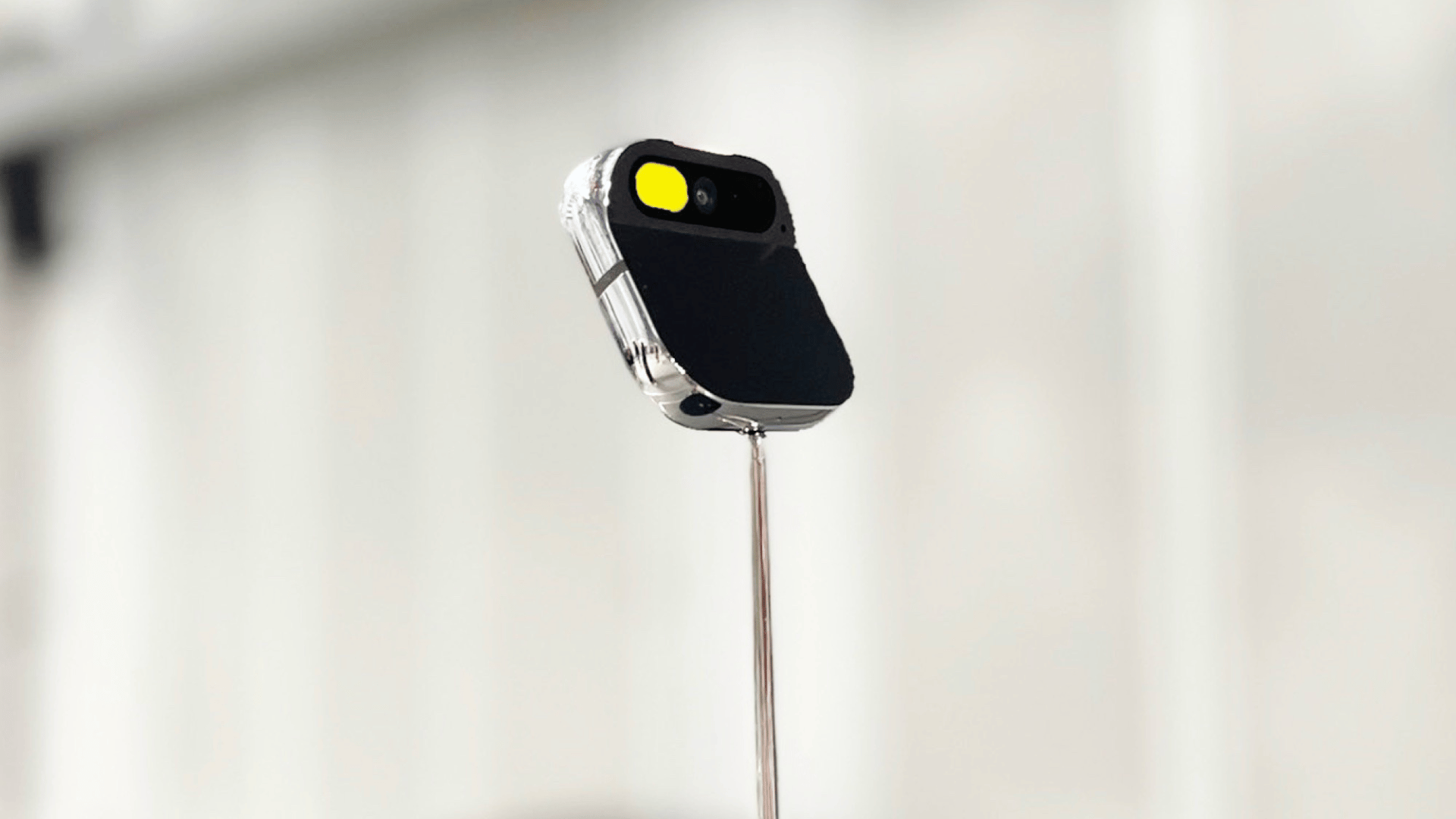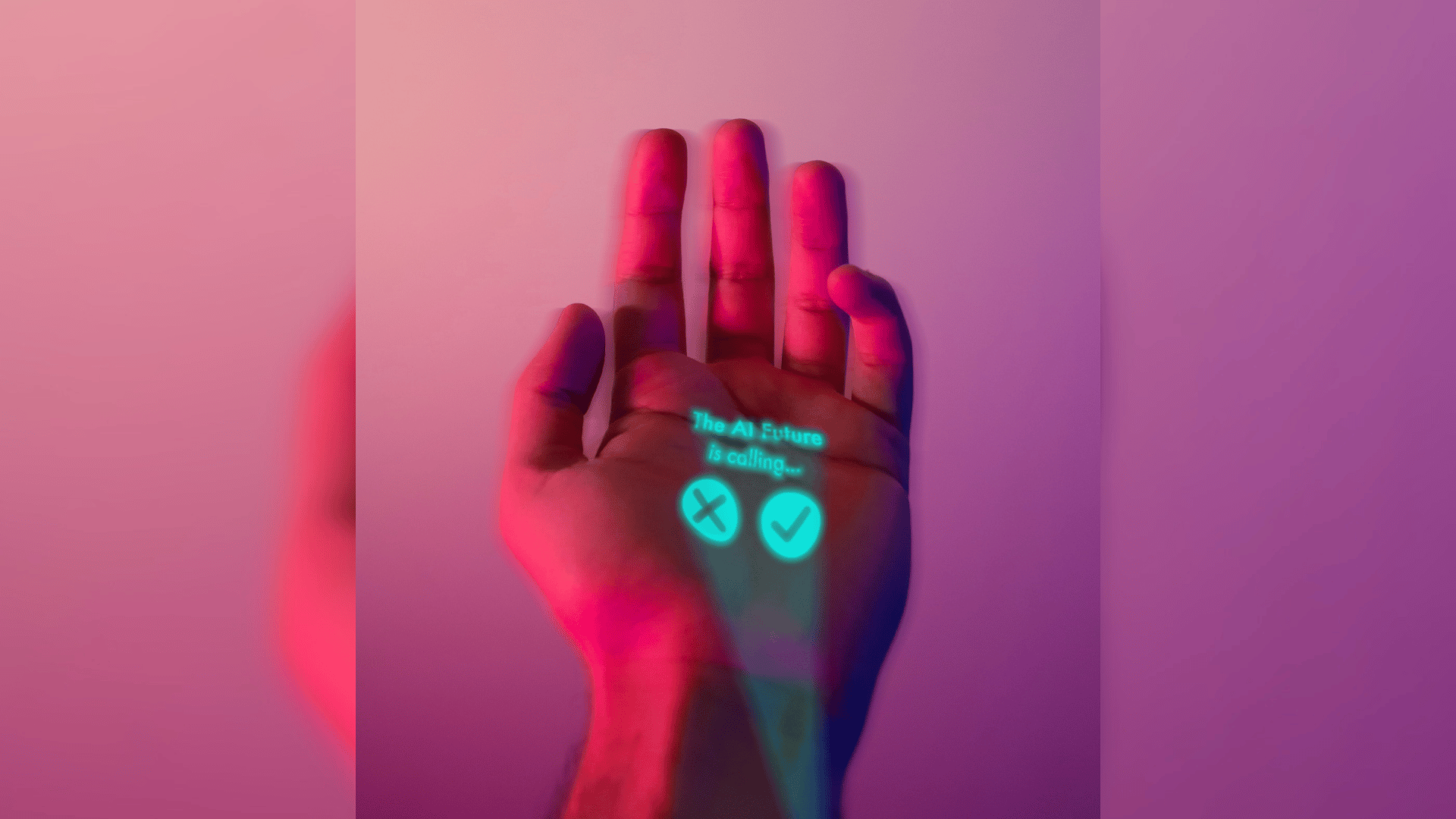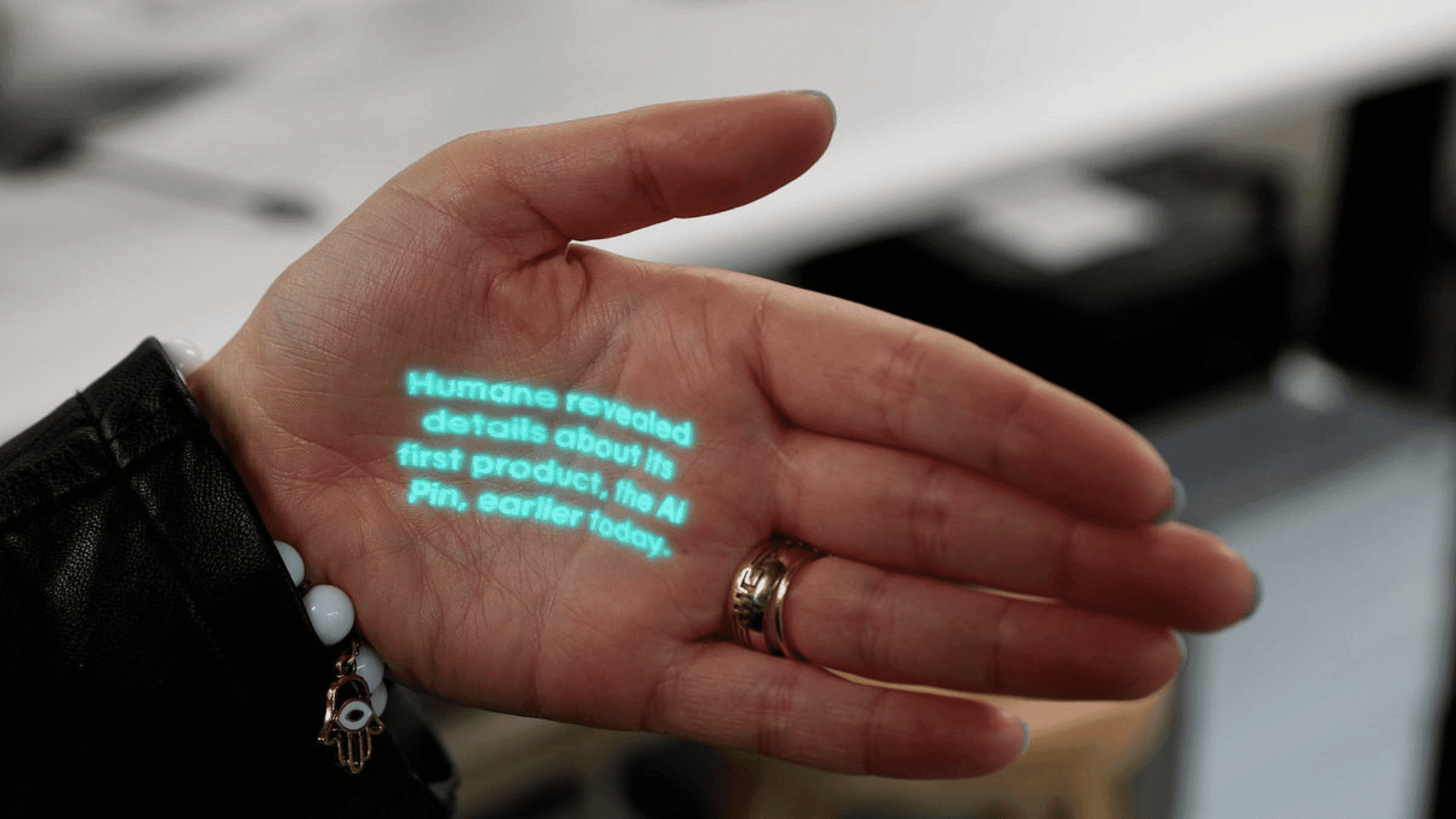A new device called Ai Pin was created by a tech start-up called Humane to replace smartphones, and it only costs $699.

The device is a two-inch square magnetic Ai pin from a start-up called Humane. The Pin, which projects a visual interface onto a person’s palm, aims to supplant our addictions to screens.
Some features of the device include answering questions, making calls, sending texts, taking photos, and playing music. Available for pre-order, the device only requires a $24 monthly subscription and is planned to ship out in early 2024.
Humane originally revealed the device and its basic functions, including object identification and web search, at a TED conference and a Paris fashion runway show earlier this year.
It functions using hand motions, for example, a pinching motion that allows users to play a new song, start a message, exit to the main menu, etc. To ask a question, simply tap on the pin’s touch screen or double-tap to take a photo. After taking a picture, Humane customers can access an online hub with 32 gigabytes of storage.
Meant to be fastened to a shirt or blouse, the company hopes that the device will be accepted by consumers in the same manner as smartwatches or wireless earbuds. Unlike a typical smartphone which offers dopamine-inducing activities such as news alerts and social media scrolling, Humane’s Ai pin is designed to fade into the background of everyday life.
“It’s more of a pull than pushing content at you in the way iPhones do,” Ken Kocienda, Humane’s head of product engineering said.

There are also “personic speakers” (a portmanteau of personal and sonic) which play music via a streaming service called Tidal. Songs can also be controlled using voice commands, similar to devices such as Siri, Google, and Alexa.
The underlying technology also uses AI technology to deliver information in a conversational manner and to remember past inquiries and notes to self. The ultimate goal of the device is to allow people the functions of a smartphone without the temptation to disappear into our screens.
“We’re looking at each other while all this is going on,” Mr. Kocienda said. “We’re not being distracted.”
Humane CEO Bethany Bongiorno is confident of the Pin’s mass appeal, calling it the world’s first contextual computer. “AI now has become something that everyone is curious about and really wants to know how it’s going to change their life,” she says. “We’re offering the first opportunity to bring it with you everywhere. It’s really touching people from every background, every age group, globally, in terms of what we’re feeling and seeing in feedback.”

Bongiorno and her husband, Imran Chaudhri, created Humane in 2018 around specific goals such as connecting directly to a cell network, being transparent about when it’s recording, and not always listening for wake words like devices such as Google, Siri, and Alexa.
They also viewed previous iterations of wearable technology such as smart glasses and AR headsets as barriers to human connection. The Pin, however, is designed to be just as capable, less invasive, and able to be worn comfortably.
“We want to have powerful computing with us at all times, and that’s really what it’s about,” says Chaudhri, the company’s president and chairman. “We want access to more knowledge, more information. We just want it in a way that allows us to remain present.”







